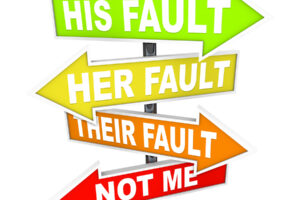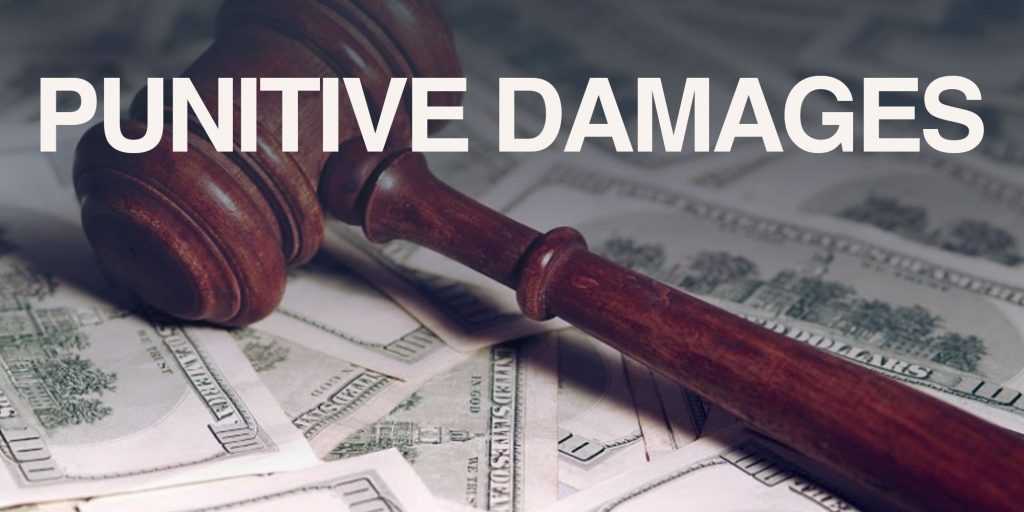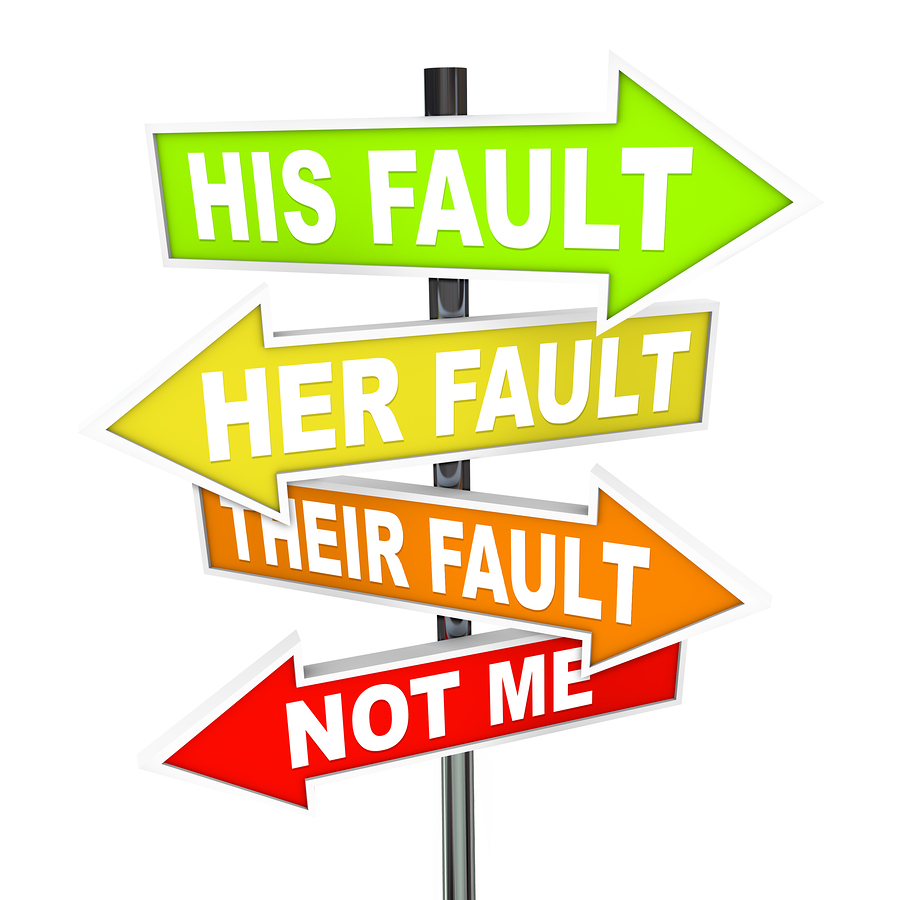What Are Punitive Damages?
The plaintiff may receive monetary damages in personal injury cases. These damages are usually compensatory damages, which reimburse the plaintiff’s costs associated with their injury. These damages may include:
Medical costs;
Property damage; and
Other expenses.
A court may award punitive damages as punishment for a defendant or wrongdoer. Punitive damages are often used to discourage others from engaging in similar or identical wrongful conduct.
Punitive damage can be awarded when an individual commits acts that are particularly egregious. These actions may include:
Wanton conduct;
Conduct that is intentionally negligent;
Fraudulent conduct; and
Other conduct.
They are additional to compensatory damages. These damages may be awarded, for instance, if a person is speeding excessively near pedestrians.
Punitive damages are intended to discourage future acts of the same type. They are usually reserved for extreme situations and rarely awarded.
Some states have a limit or cap on the amount that can be awarded in punitive damages. Other states limit punitive damages to a reasonable sum based on factors such as the total value of the case.
In some cases, punitive damages can be very high. This is especially true when the defendant’s illegal conduct is particularly egregious and deliberate.
How Do Punitive Damages Work?
In many cases, punitive damages will not be awarded. When punitive damages are awarded, they usually result from a personal injury case.
In cases where the defendant has committed an intentional act that causes harm to the plaintiff (such as civil battery), punitive damages can be awarded. The award of punitive damages is not the only remedy.
Punitive damages can be awarded as an additional compensation to compensatory damages. They are not awarded automatically. LegalMatch has an article that provides more information on punitive damages:
Punitive damages are awarded when?
What is the general guideline that most states use for punitive damages?
While punitive damage awards may be limited in some states due to a cap, in most states punitive damages can be awarded if the defendant is found guilty of:
Willful;
Malicious;
Oppressive;
Fraudulent; or
Reckless.
Punitive Damages may be awarded when compensatory damages are not sufficient to deter the defendant and their actions deserve additional punishment.
What are some examples of punitive damages awarded in a personal injury claim?
In a claim for personal injury, punitive damages may be awarded for the following conduct:
Medical malpractice cases involving extreme negligence, such as performing the wrong procedure or leaving an instrument in the body of the patient;
Conduct that is dangerous to the public and poses a serious risk, such as displaying a weapon at a busy place.
A conduct that shows a disregard for the law and statutes. For example, driving well above the speed limit in crowded places.
Punitive damages can be awarded when an injury is the result of negligence or intentional. Punitive damages may be awarded if an individual is negligent and knew or should have known that their actions could cause substantial harm.
Examples that are commonly used to determine punitive damages in personal injury cases include:
Automobile accidents;
Medical malpractice lawsuits;
Civil Battery Cases
Drunk Driving Accidents; and
Defamation
How Are Punitive Damages Calculated?
It is not possible to cap the amount of punitive damages. It does not, however, mean that a plaintiff can claim any amount for punitive damage.
State-specific requirements may apply to obtaining punitive damage. Punitive damages usually only cover the amount set forth by the state’s damages statute.
A state might limit the amount that a plaintiff can recover in punitive damage to treble, while another state could allow them to collect up to five times as much. Some states calculate punitive damage based on the compensatory damages awarded to the plaintiff.
In most states, compensatory damages must be recovered by the plaintiff before punitive damage can be awarded. The way punitive damage is calculated varies from state to state. However, certain factors are usually considered in calculating punitive damage.
Type of claim that is at the heart of a lawsuit. For example, medical malpractice versus breach of contract;
Amount of damages awarded as actual or compensatory damages;
The laws governing the limits on damages in a particular state.
Determine whether the defendant’s conduct was egregious enough or shocking to warrant a punitive damage award.
Punitive Damages Limits
Many states limit the amount of punitive damage that can be awarded. Some states have a formula that determines the ratio between actual damages and punitive damages.
In Missouri, for example, a defendant cannot be awarded more than five times the actual damages or $500,000. In many states, punitive damage awards are not made if there is no other award of damages.
Other states focus on the ability to pay of a defendant based on their income or networth. In Montana, punitive damages are limited to $1,000,000, or three times the defendant’s total net worth.
The United States Supreme Court set a limit for punitive damages that can be awarded. Punitive damages are limited to a 10:1 ratio. The ratio of punitive damages cannot exceed 10:1.
A court must not award more than $1,000,000 as punitive damages if a trial judge or jury awards $100,000 to a plaintiff. This rule only applies when the case is shocking or extremely egregious.
Punitive damages must be used in a fair manner, as they are meant to punish. These damages are also there to reform tort laws, so that it is more difficult for plaintiffs to demand an exorbitant amount for a wrongdoing.
Limitations help to make the legal system predictable. Limitations are determined by the state laws, as we have already mentioned. Limits on punitive damages can be set at a specific amount or in relation to compensatory damages.
Do I Need to Hire a Lawyer?
You should always consult a personal injury attorney if you have any questions or concerns about punitive damages. Punitive damages laws are complex.
Your lawyer will review your case and advise you on the laws in your state. They can also help you file a claim for punitive damage. A lawyer can help you get the compensation that you deserve.









